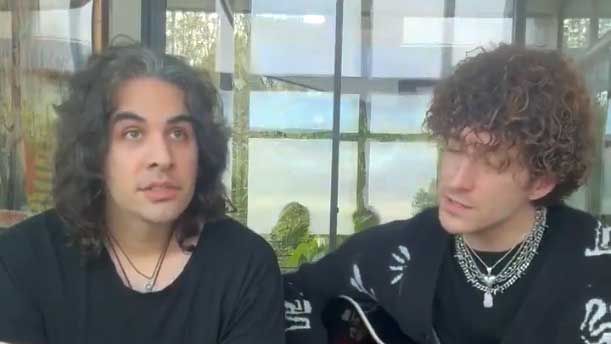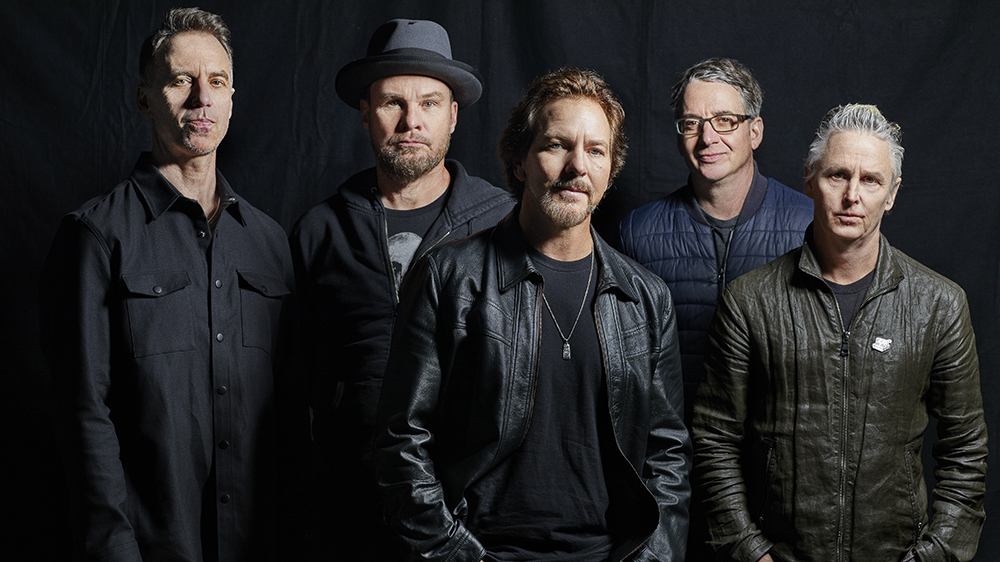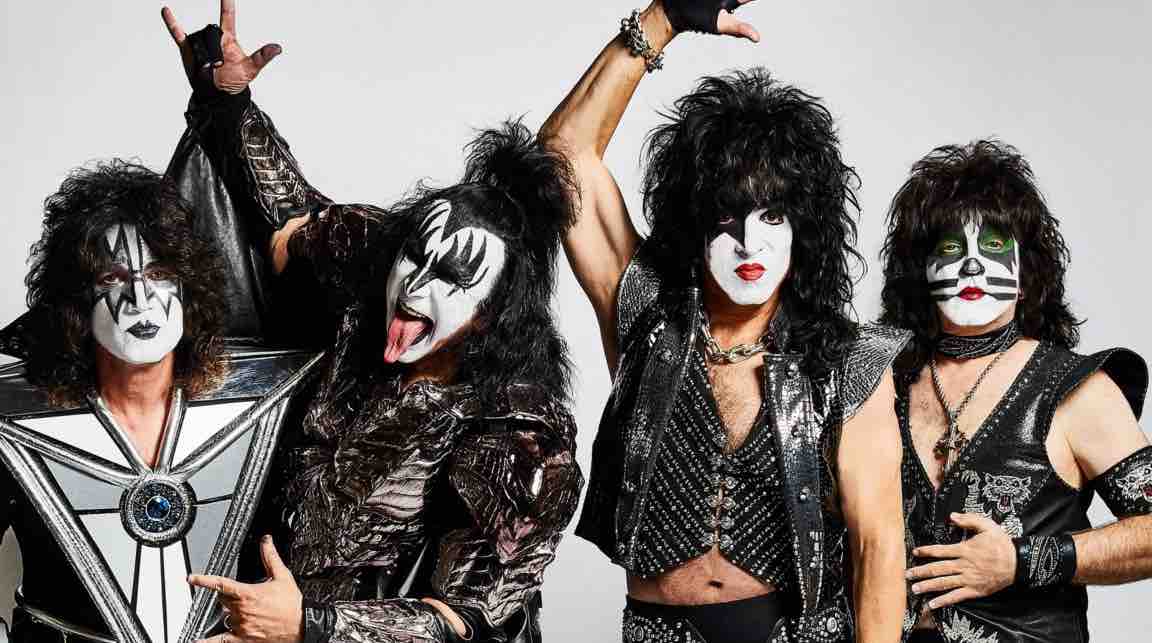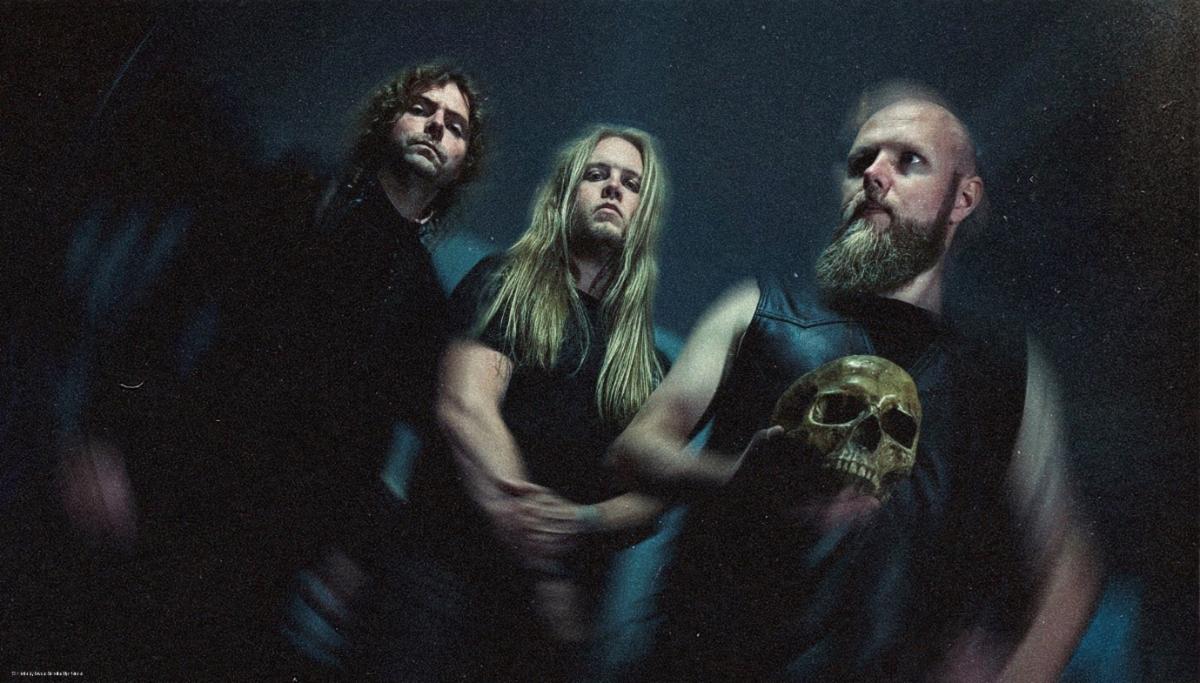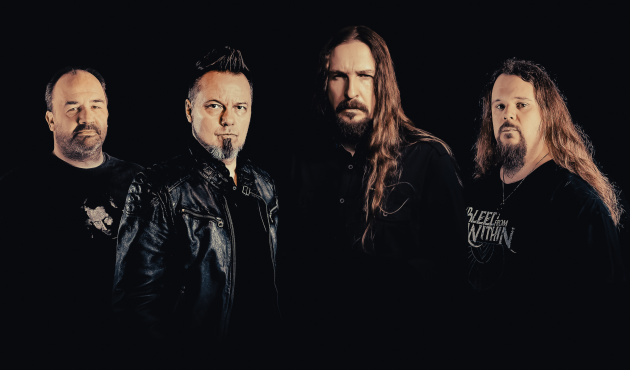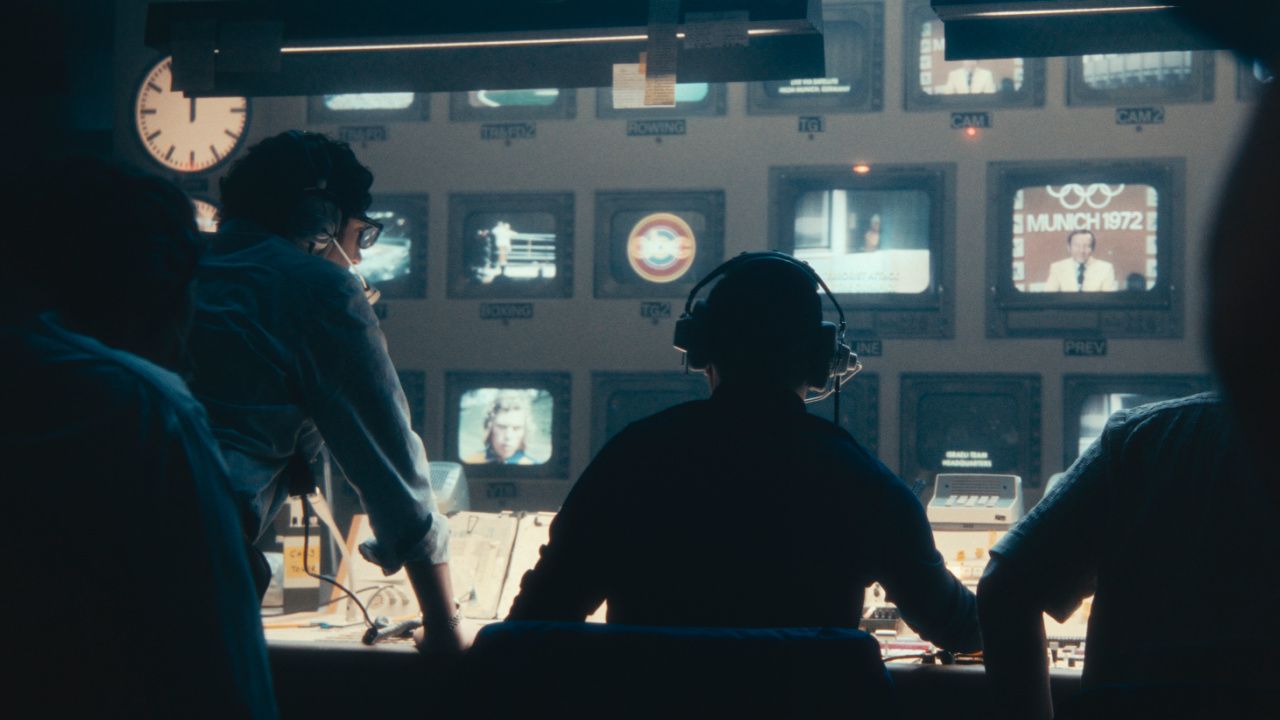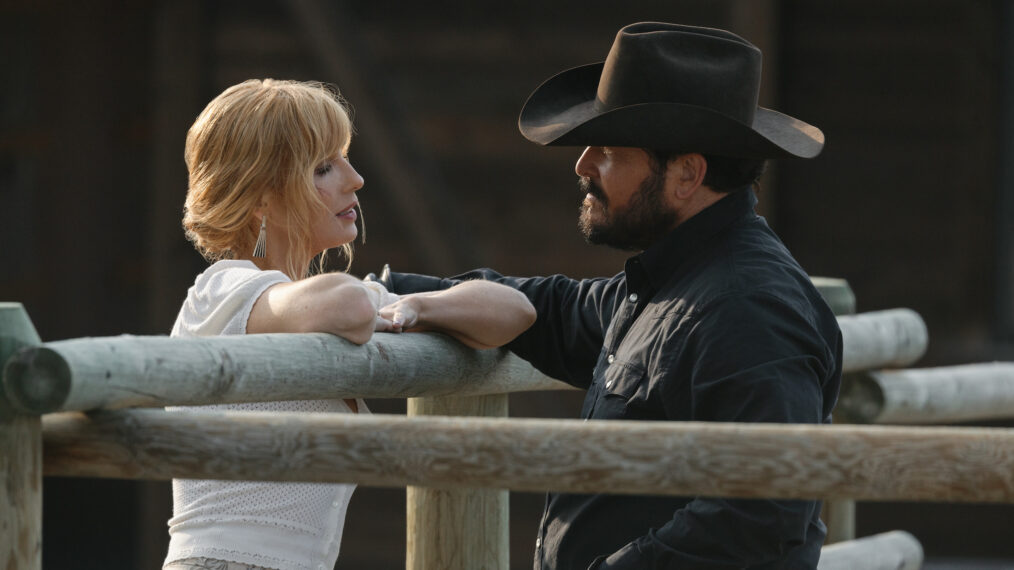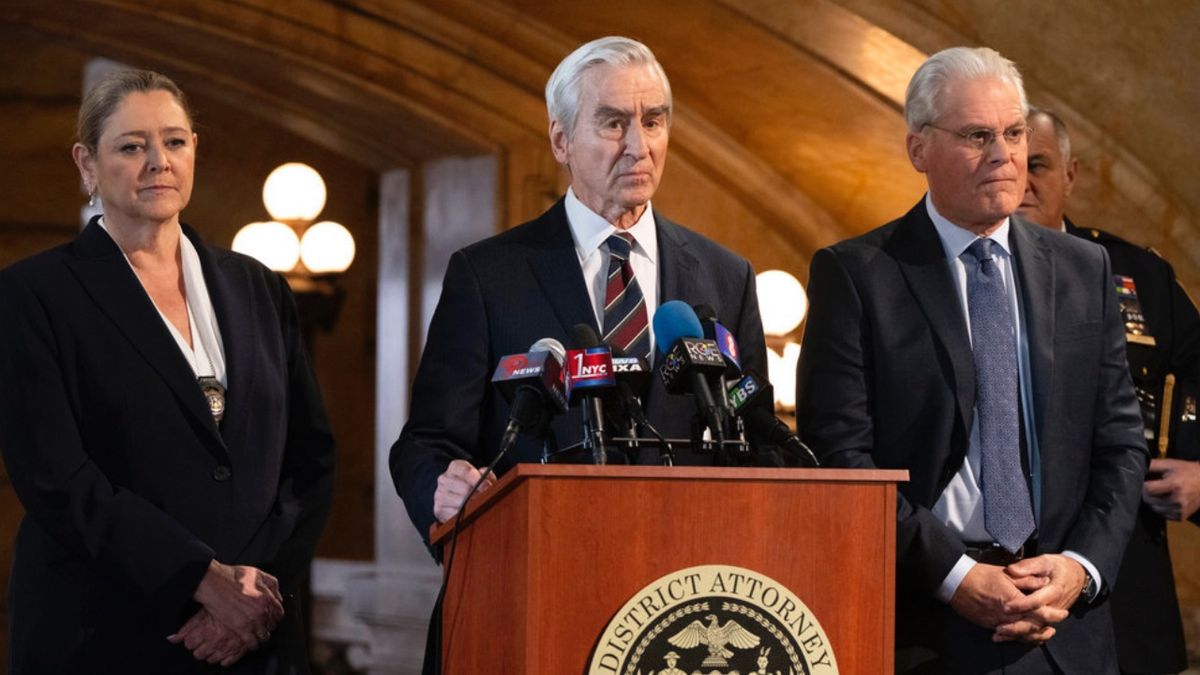
Like many antsy artists with staying power, Sondre Lechre has found other creative avenues to help keep the coffers full. Most recently, he performed the lead role of Christian in the Norwegian production of Broadway’s Moulin Rouge! The Musical. But there’s nothing like a 20th anniversary to get you back to the business at hand. The new reissue of Two Way Monologue, the cerebral Norwegian crooner’s moody, majestic 2004 classic, includes demos, early versions, castoff tracks and unrecorded songs, many found on CDs and hard-drives Lerche only recently rediscovered. The album has been reissued on vinyl with newly recorded versions of “You Are Impossible” and “September Something,” plus the never-before-released “Rejection #5” (with Prefab Sprout’s Martin McAloon) and “Weakest Spot.” The digital version adds demos to the bonus material.
The 42-year-old Lerche is currently celebrating the anniversary of Two Way Monologue on tour with a string quartet, playing a select dates here before heading to England and Japan. We caught up with him a few days before he hit the road.
You managed to avoid the sophomore slump with Two Way Monologue. Looking back, how do think you succeeded in doing so?
I just kept going and worked really hard to protect my process and my vision. I remember being terrified of stopping in terms of writing, because I had no formal education doing what I did. I’d tried to write songs since I was eight, and now suddenly it was not just my internal but also my external life. I was overjoyed and terrified at the same time. I’d felt really good about my debut, (2001’s) Faces Down. But I’d also seen what happens when artists overthink the follow-up, and the record label chimes in with nervous energy and ambition. I was determined not to be deterred by all that—to just keep writing and recording until I had something that felt worthwhile. So maybe that paid off in a sense. But I’m sure there were people in my orbit who wanted and expected it to become a bigger album also. It was plenty big for me at the time.
What was your state of mind around that time?
I was very protective of my own enjoyment of the record-making process, which made me seem in charge. But I was full of insecurity and constantly feeling that I wasn’t living up to my own expectations in terms of the writing. It was a strange combination of over-confidence and being severely doubtful, questioning everything. An artist needs a bit of both, but I was so new to the position I was in—a position I’d sought for so long. Looking back, I felt uncalibrated and uneasy with the fact that, once your work and person becomes known, you immediately lose some agency in regard to how you’re perceived and received. I was loving the feeling of finally being heard but also working very hard to not appear affected by it—or letting it affect the work.
I was 18, 19 and 20 when I wrote Two Way Monologue—so, needless to say, a lot of life experiences happened to me in opposite order from that of most people my age. I felt very disconnected from my peers back then, and the fact that my music was successful made it possible for me to indulge further in that—which maybe wasn’t always ideal. I valued my artistic freedom, which doubled for my sense of self-worth and identity. Most things that weren’t related to my career or my process were interpreted as distractions or threats to my agenda. I was on a mission.
You had high hopes for “September Something” as a crucial track on Two Way Monologue 20 years ago, and it’s just recently been released in full. Why do you think it was such a difficult song?
I wasn’t a good enough lyricist yet to write something that could carry the weight of the ambition I had for that song. I was too impatient and maybe too hung up on the self-serving idea that the first draft is always the best one. In my experience now, it rarely is. I could feel myself being out of my depth and stretching beyond my capabilities. And I had so many other songs, so I let that one go … for 20 years. However, I did use some of the musical ideas and themes from it in my Dan In Real Life score a few years later.
When you assess your 18-year creative trajectory from Two Way Monologue to 2022’s Avatars Of Love, what stands out the most over that span?
I feel there’s a kinship between those two albums because I’d grown enough in my writing by the time of Avatars Of Love to fulfill some of the ambitions I had but couldn’t quite land with Two Way Monologue. They’re as different as they are similar. But looking back, I saw this connection that made me glad. As you grow and progress, you don’t have to move away from your previous work—you’re maybe just quietly working on someday filling the shoes you tried on a little too early back in the day. Avatars Of Love felt like the culmination of so many ambitions I’d had and not quite landed through the years. Then, suddenly, it all came together when I stopped trying so hard.
What was it like taking the leap to the stage in Moulin Rouge! The Musical?
Completely intimidating and exhausting. It’s more akin to an athletic achievement than anything else, really. I’ve never been so terrified of getting sick, of not getting my sleep, of not preserving my voice. It’s so much muscle work, and I didn’t even do much dancing. The ensemble and the way they work and excel—it was incredibly inspiring to see. We were all fortunate to be a very happy combination of performers. I had a great time, and I grew so much from the discipline of performing 100 shows. I’ve always loved being onstage so much, but I’ve never felt more terrified about stepping onstage than I did on premiere night. I guess that means it was worth doing.
—Hobart Rowland
See Sondre Lerche live.


